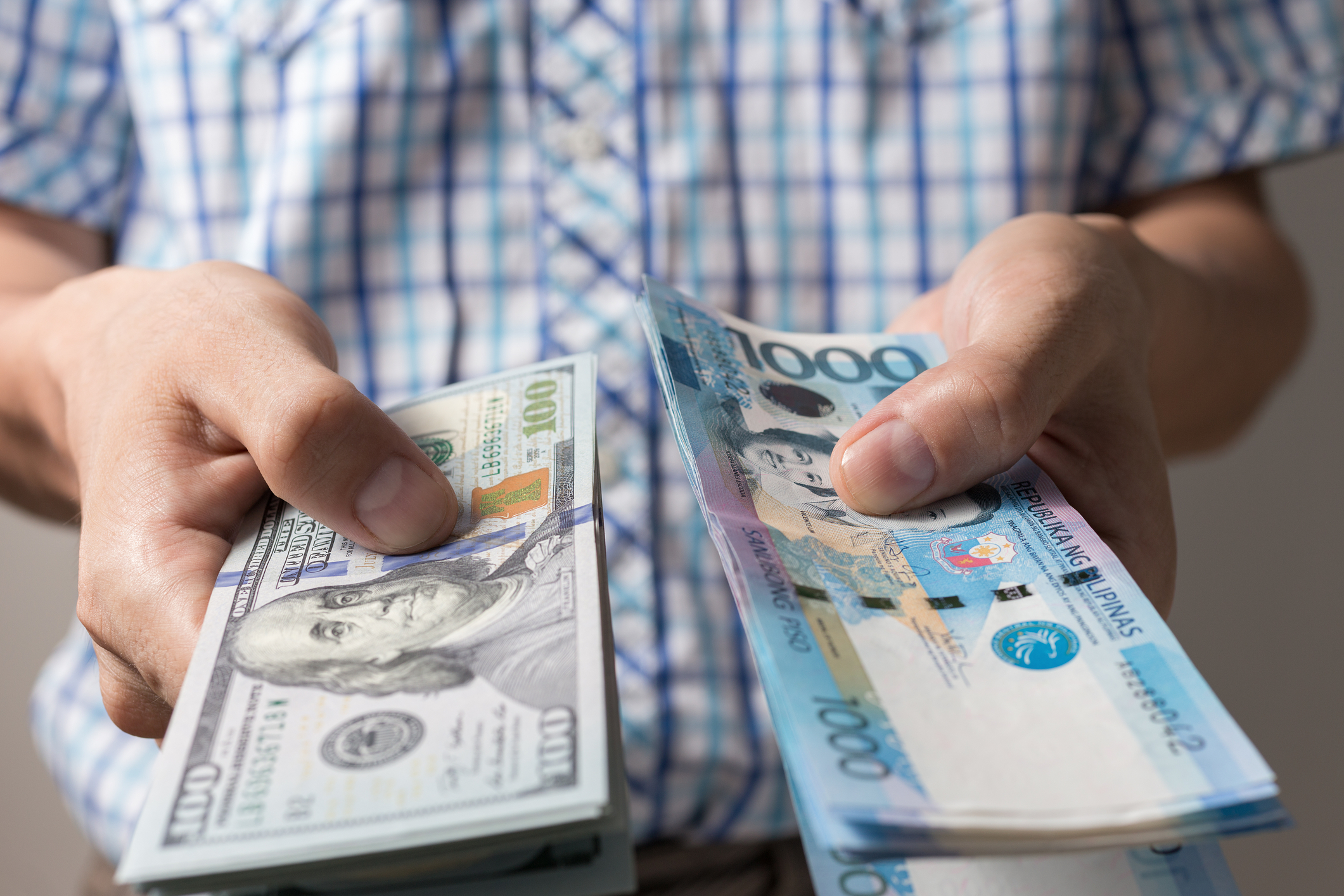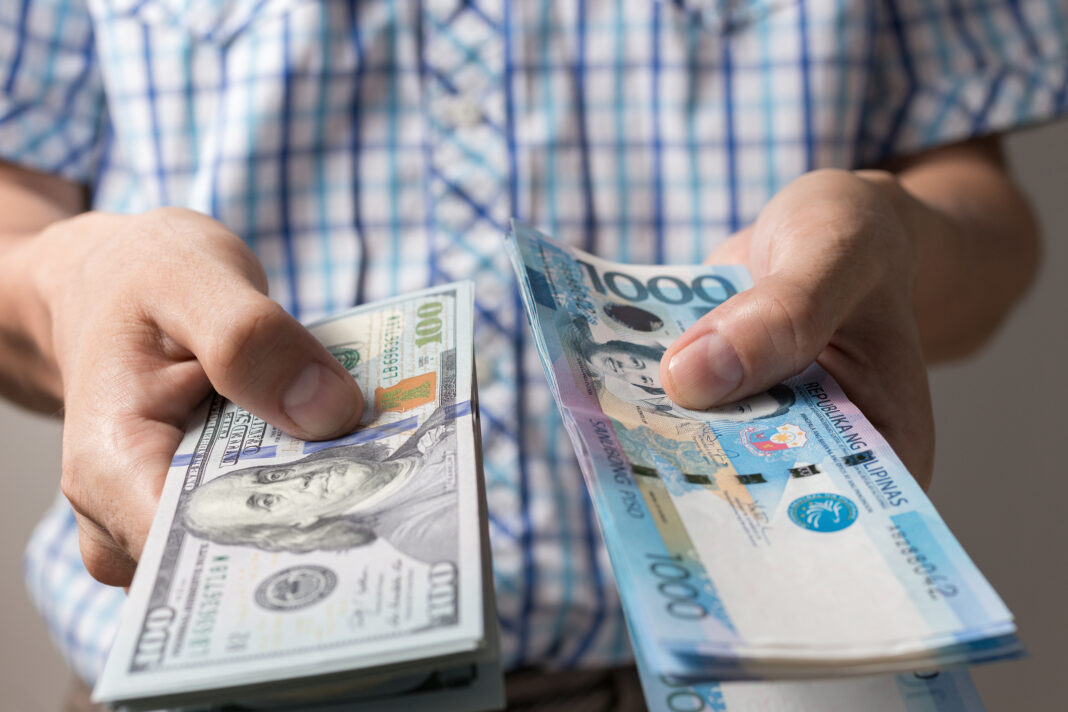
THE local currency is expected to lose its value further against the dollar in the coming months, private economists said.
In the latest issue of The Market Call, a quarterly market research by analysts from First Metro Investment Corp. and University of Asia & the Pacific (UA&P), the peso was described as likely to continue its depreciation trend in the coming months as the US economy regains strength.
“The peso ended in the red in June as demand for imports improved, translating to higher dollar needs. Meanwhile, the US economy’s strong recovery and the Fed’s less dovish statements drove the dollar’s strength causing a 0.4 percent peso depreciation month-on-month after rallying for two consecutive months,” the report read.
The local currency averaged to P48.13 to a dollar from P47.96 to a dollar in the previous month. Meanwhile, the peso’s volatility measure widened by 11.5 percent.
“We think that peso weakness will continue to persist given that the actual foreign exchange rate had already broke through the 200-day and 30-day moving averages [MA] as the trade deficit has surged due to the more than 100-percent increase in imports, while the US economic recovery exceeds expectations,” the report read.
Data from the Bankers Association of the Philippines (BAP) showed that the local currency closed Wednesday’s trade at P49.75 to a dollar, weaker than Tuesday’s close of P49.61 to a dollar. The total traded volume during the day was at $1.04 billion.
Just last week, the Bangko Sentral ng Pilipinas (BSP) shrugged off worries on the recent depreciation trend of the local currency, saying structural foreign exchange flows to the country are expected to remain strong in the coming months.
“While short-run fluctuations in the peso are affected by market sentiment, its medium- to long-term movements are largely supported by economic fundamentals,” BSP Governor Benjamin Diokno earlier said.
“Looking ahead, we expect the peso to be supported by structural foreign exchange flows such as overseas Filipino remittances, business-process outsourcing receipts and eventually by earnings from tourism activities. Furthermore, foreign exchange inflows related to foreign direct investments are also expected to help shore up the currency,” he added.
Image courtesy of (c) Aldarinho | Dreamstime.com

